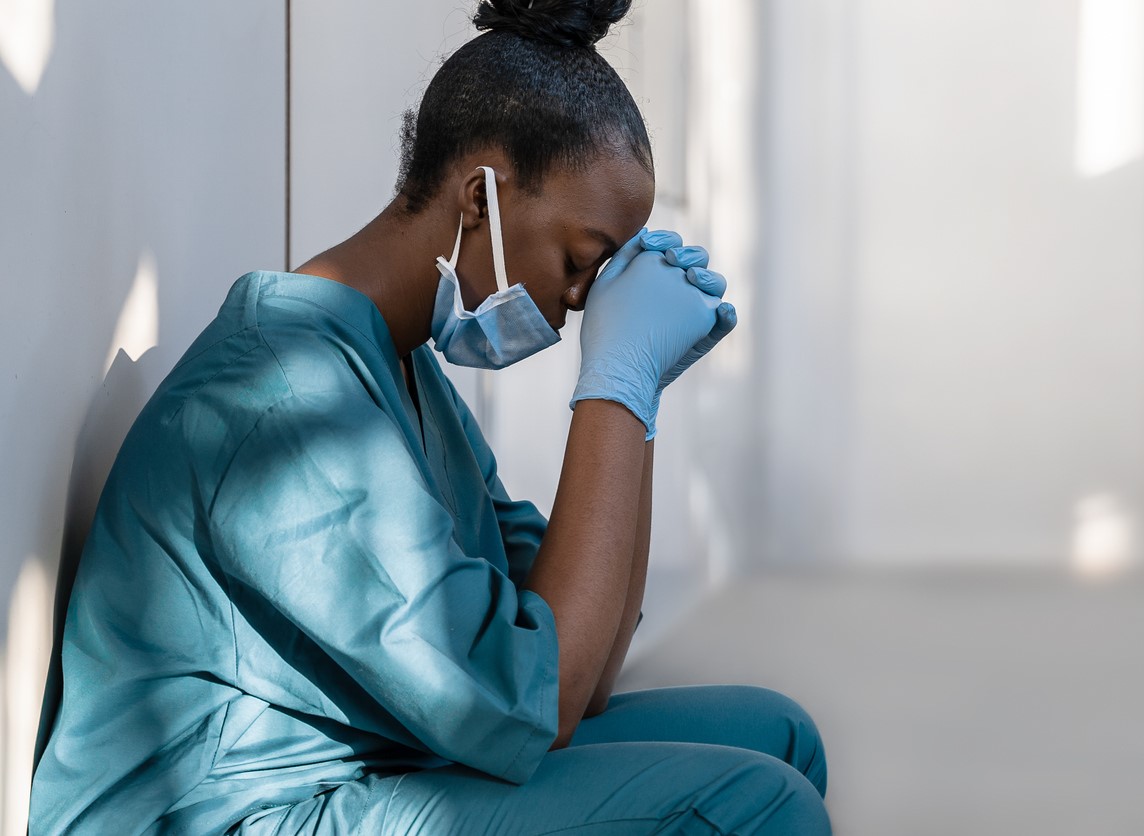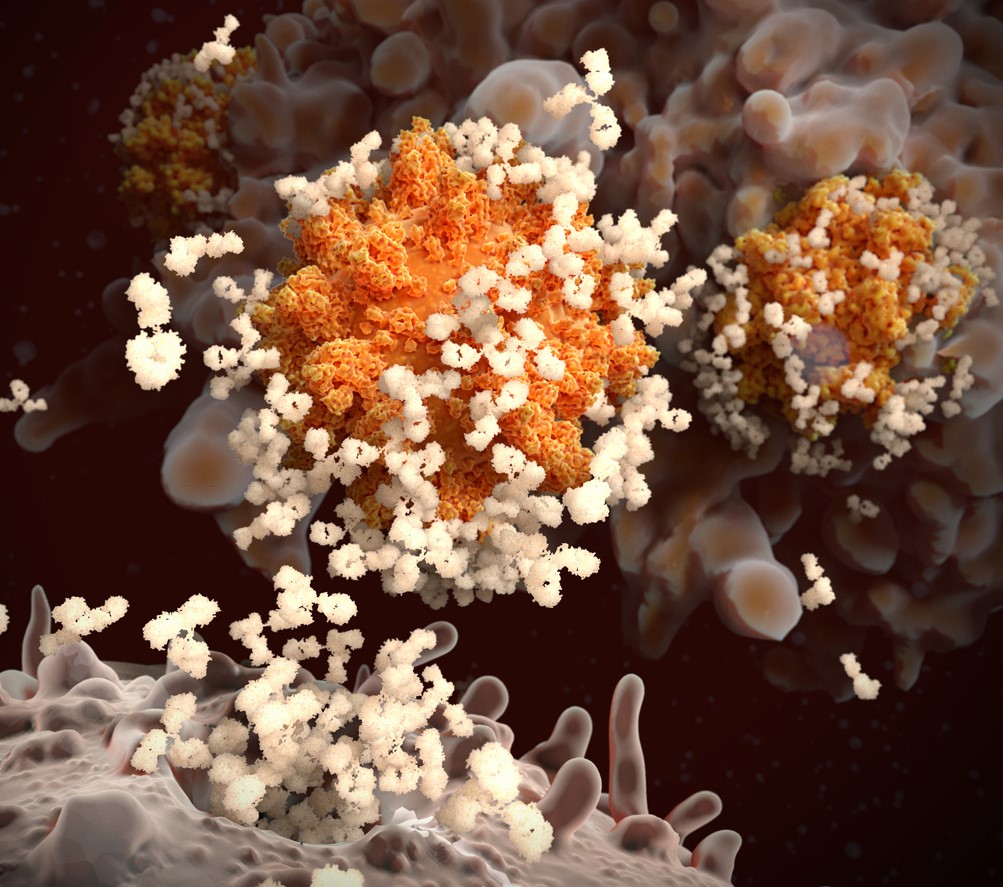 Working the night shift or binge drinking may double the risk of COVID-19 infection, according to a study of nurses published this week in Alcohol: Clinical and Experimental Research. Poor sleep quality and binge drinking have been associated with COVID-19 infections, likely because both promote a pro-inflammatory state.
Working the night shift or binge drinking may double the risk of COVID-19 infection, according to a study of nurses published this week in Alcohol: Clinical and Experimental Research. Poor sleep quality and binge drinking have been associated with COVID-19 infections, likely because both promote a pro-inflammatory state.
Because nurses were regularly exposed to COVID during the pandemic, had a high-stress job, and work during overnight shifts, the authors of the study hypothesized that shift work and alcohol misuse would be associated with COVID-19 infections.
Results were based on 750 responses from members of the American Nurses Association, who were asked to complete an online survey about alcohol use, sleep patterns, chronotype, and history of COVID-19 infections. A chronotype is someone's preferred sleep pattern, such as being an early bird or night owl. The online survey was available from May 2020 to April 2021.
The mean age of study participants was 39 years. Ninety percent of respondents were women.
Twenty-five percent of the respondents met the criteria for alcohol misuse, with 5% classified as binge drinkers, or drinking more than six drinks in one sitting. Alcohol misuse was more than one drink per day for women, two drinks per day for men, or drinking more than four and five drinks in one sitting for women and men, respectively.
Late chronotype [sleep patterns] and binge alcohol were associated with an increased risk of COVID-19 infection.
The authors found the night shift was associated with more than double the odds of COVID-19 infection compared with the standard shift (odds ratio [OR], 2.67; 95% confidence interval [CI], 1.18 to 6.07). Binge drinkers had twice the odds of COVID-19 infection of those with low-risk features (OR, 2.08; 95% CI; 0.75 to 5.79).
"Late chronotype and binge alcohol were associated with an increased risk of COVID-19 infection, which strongly suggests alcohol and circadian misalignment are both cofactors in COVID-19 disease in exposed individuals," the authors concluded. "This study supports further examination of key mechanisms that relate to increased susceptibility of COVID-19 infection with alcohol and circadian misalignment to mitigate the impact of COVID-19 infection on frontline healthcare workers."
 Australian First Nations (FN) people, who, like other indigenous populations, are at high risk for poor COVID-19 outcomes, have robust immune responses to the Pfizer/BioNTech vaccine,
Australian First Nations (FN) people, who, like other indigenous populations, are at high risk for poor COVID-19 outcomes, have robust immune responses to the Pfizer/BioNTech vaccine, 











